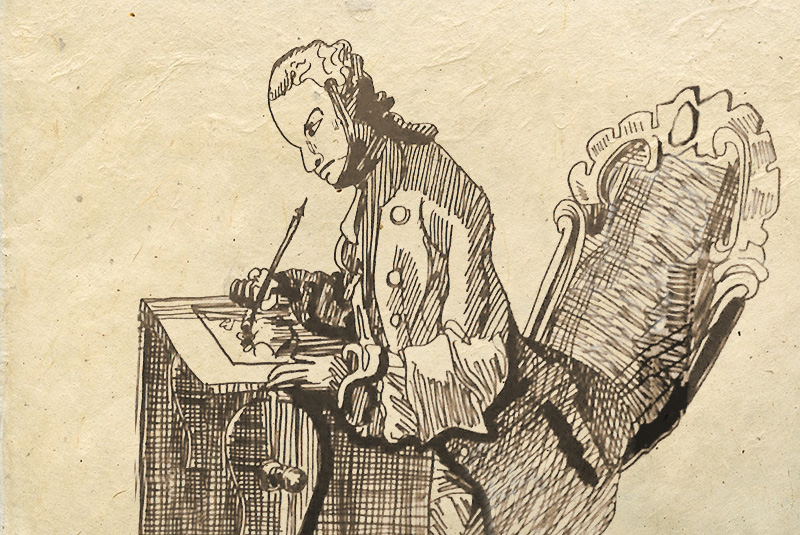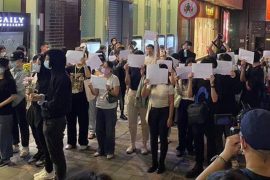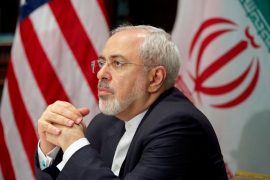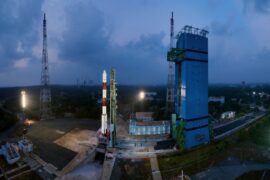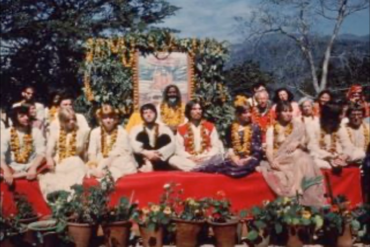‘Economic Diplomacy’ is the art of extracting the maximum mileage for a country’s economic opportunities; this is sought to be achieved through securing markets, attracting investments, deflecting negative trade regimes and barriers, and collaborating for rule-based trading context and institutions globally. Of course, diplomacy in its traditional sense remains quite relevant where the focus is mainly on cultivating good political relations.
In the recent past, major global issues have all hinged on trade and protectionism. President Trump, for example, has predicted most of his demarches on economic matters – be it sanctions and trade wars against China, Russia, EU, India and Iran, or dumping or reviewing of JCPOA, TPP or NAFTA, or threatening to quit WTO. Trump has taken credit for slowing down other economies for the interim positive growth of the US economy. But these extreme steps by the biggest economy will eventually hurt the liberal global trading regime irreparably.
India will also have to brace for such a global scenario as it directly impacts on its fundamental economic interests. Pandit Nehru, who mostly acted as his own Foreign Minister, had charged the Ministry of External Affairs with the task of economic diplomacy so that the newly independent country could secure capital, technology, and assistance for laying the foundations of a modern industrial India. The trend continues, with Prime Minister Modi emphasising it by reaching out globally for the ‘Make in India’ and several other initiatives. He is also working to improve competitive parameters through economic reforms, changing archaic rules and converting ‘Red Tape into Red Carpet.’
Copyright©Madras Courier, All Rights Reserved. You may share using our article tools. Please don't cut articles from madrascourier.com and redistribute by email, post to the web, mobile phone or social media.Please send in your feed back and comments to [email protected]

